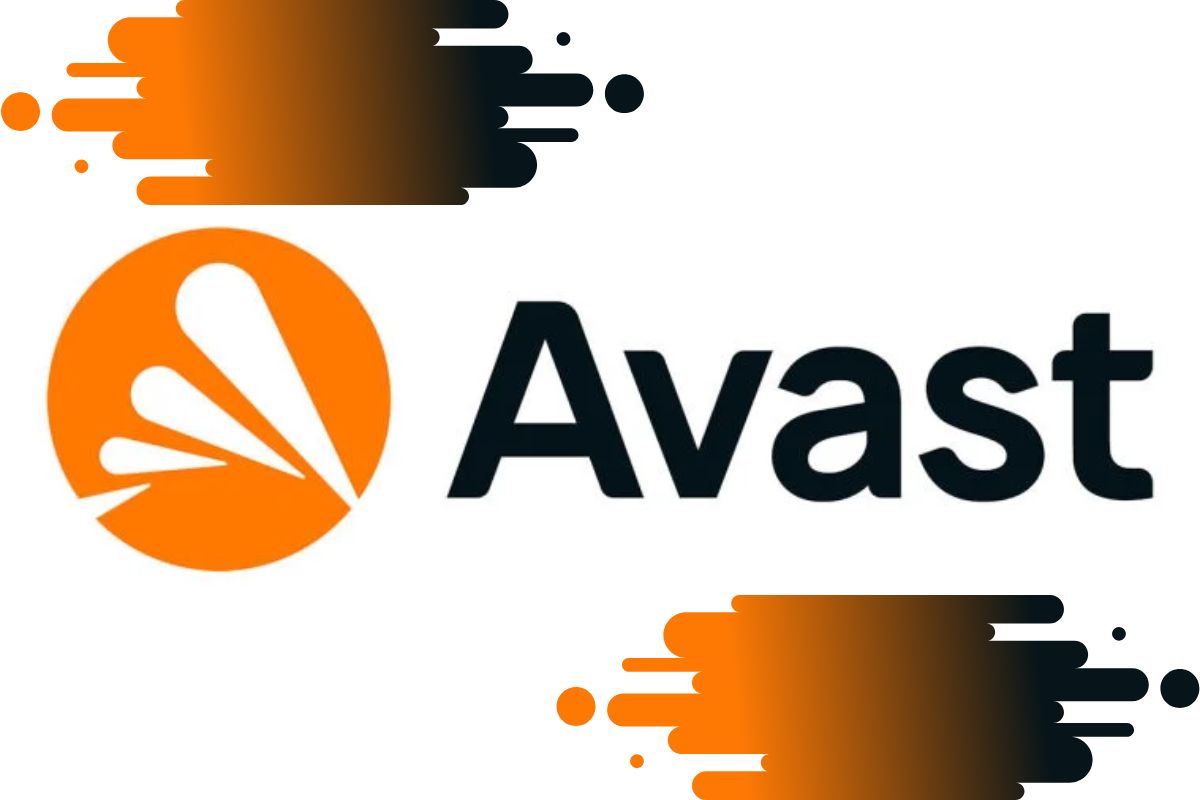The regulatory body known as the Federal Trade Commission (FTC) announced on Thursday its decision to prohibit the sale of consumers’ internet browsing information by the prominent antivirus provider Avast to advertisers. This action follows Avast’s assertion that its products would safeguard users from online monitoring.
Avast, in addition, settled with the federal regulatory authority, agreeing to pay $16.5 million. The FTC stated that this sum would serve as restitution for Avast users whose private browsing data was unlawfully passed on to advertising behemoths and data intermediaries.
Samuel Levine, the director of the FTC’s Bureau of Consumer Protection, remarked, “Avast assured users that its offerings would safeguard the confidentiality of their browsing activities but ultimately did the opposite.” He further added, “Avast’s deceptive surveillance methods violated consumers’ privacy and contravened legal statutes.”
Over several years, the FTC alleged, Avast amassed information about customers’ online activities, encompassing their internet searches and visited websites. Avast accomplished this through its proprietary browser extensions, purportedly designed to “protect your privacy” by obstructing tracking cookies.
Nonetheless, the FTC contended that Avast monetized users’ browsing data via its now-defunct subsidiary, Jumpshot, selling it to over one hundred entities and accruing tens of millions of dollars in revenue.
According to the regulator, the data peddled by Jumpshot exposed users’ religious affiliations, health matters, political inclinations, geographical locations, and other sensitive details.
A collaborative investigation by Vice News and PCMag in January 2020 uncovered Jumpshot’s trade of highly sensitive browsing information to various corporations, including Google, Yelp, Microsoft, Home Depot, and the consulting firm McKinsey. The reports also revealed Jumpshot’s sale of users’ clickstream data, encompassing the specific web links they accessed.
During that period, Avast boasted more than 430 million active users globally, while Jumpshot claimed access to data from 100 million devices.
Avast shuttered Jumpshot shortly after the Vice-PCMag exposé.
In 2021, Avast merged with Norton LifeLock in an $8.1 billion agreement and currently operates under the umbrella of the parent company Gen Digital, which also possesses the computer utility application CCleaner.
In response to inquiries on Thursday, Gen Digital representative Jess Monney stated, “When Avast voluntarily closed Jumpshot in 2020, it had ceased these practices. The operational provisions of the settlement are consistent with Avast’s current privacy and security programs.”
Avast’s statement expressed disagreement with the government’s “accusations and portrayal of the facts,” albeit without elaborating on the specifics, affirming the company’s satisfaction in resolving the matter.

Read Time:2 Minute, 2 Second


